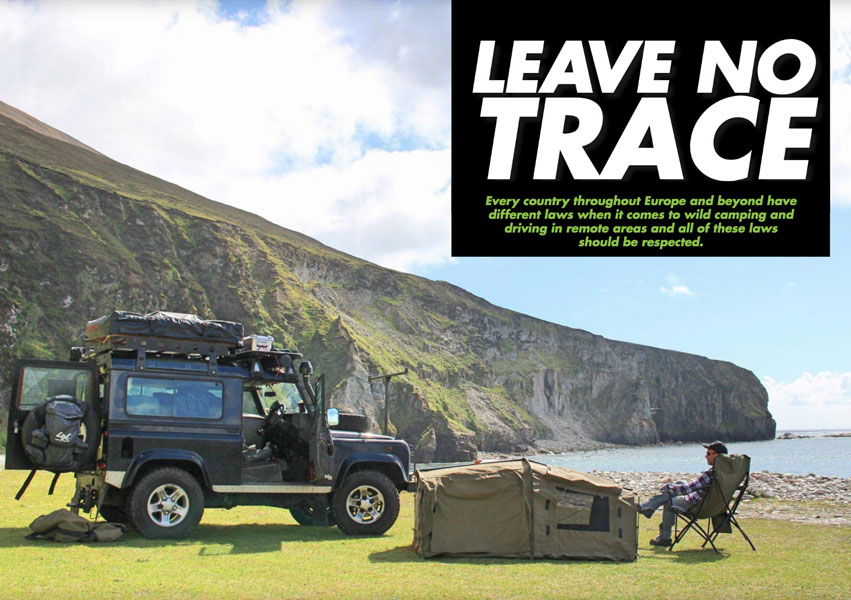
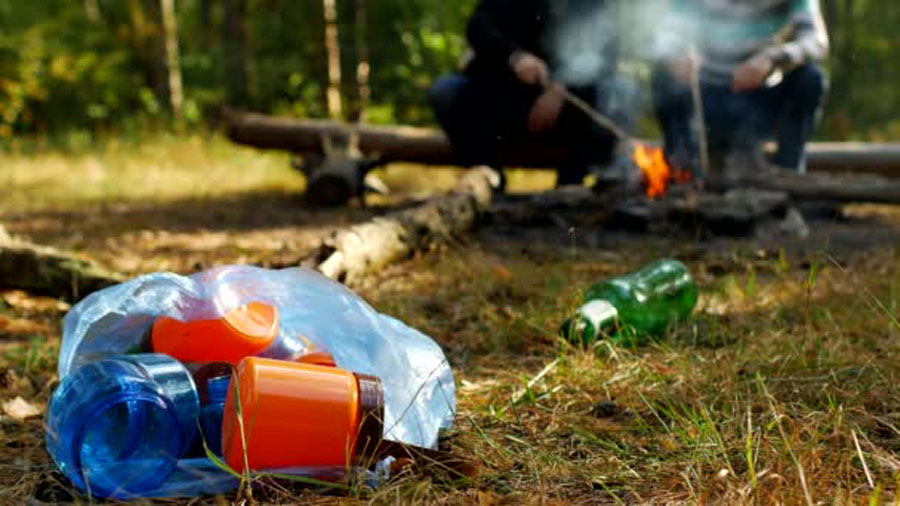
Never leave rubbish at your campsite.
As 4WD owners and people who love exploring remote areas and finding that perfect campsite, it is very important that we protect and respect the environment and always take out what we take in. Every country throughout Europe and beyond have different laws when it comes to wild camping and driving in remote areas and all of these laws should be respected. As pressure on our landscapes from recreational use continues to increase it is now as important as ever for us all to abide by the Leave No Trace principles.
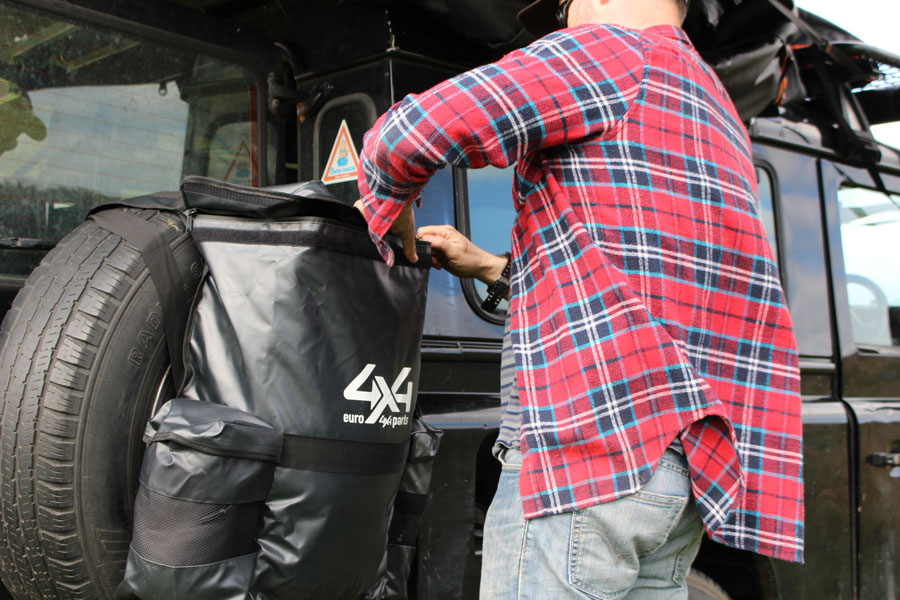 It goes without saying that the vast majority of tourers and campers do respect their environment but unfortunately we will also have a minority who do not, and thus give us all a bad name. The Leave No Trace principles is predominantly geared towards non-motorized use of the outdoors where transportation is made possible by human or animal power, but these principles should also apply to those of us who like to get off the beaten track with our vehicles and do some wild camping and the term Tread Lightly is often used.
It goes without saying that the vast majority of tourers and campers do respect their environment but unfortunately we will also have a minority who do not, and thus give us all a bad name. The Leave No Trace principles is predominantly geared towards non-motorized use of the outdoors where transportation is made possible by human or animal power, but these principles should also apply to those of us who like to get off the beaten track with our vehicles and do some wild camping and the term Tread Lightly is often used.
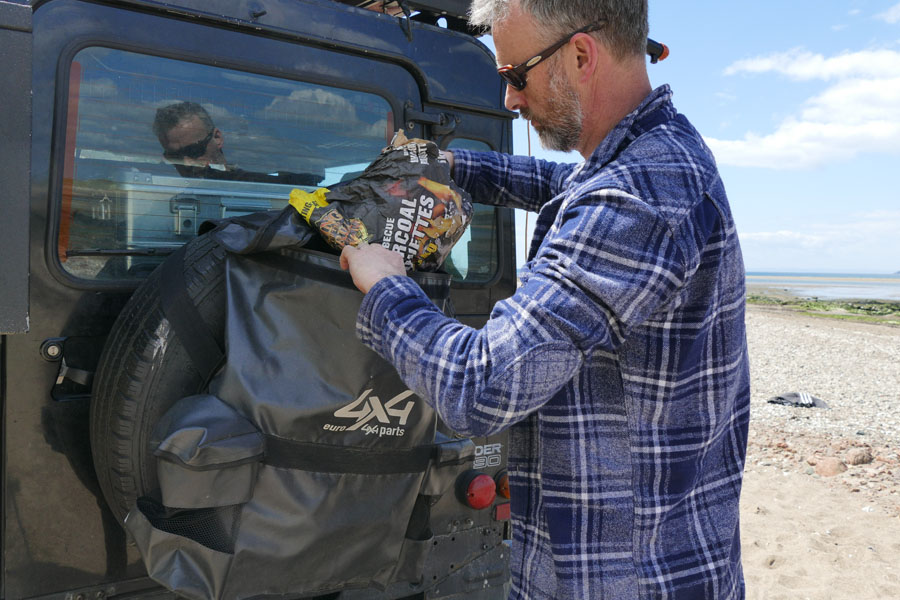
Always take your rubbish with you..LEAVE NO TRACE
So what does that mean? Similar to the Leave No Trace principles, these are the Tread Lightly principles that we should all consider:
Travel and recreate with minimum impact
Travel on designated tracks only.
Never create new routes, expand existing trails, or cut switchbacks.
Avoid sensitive habitats
Avoid muddy trails when possible as driving on them can further damage the tracks.
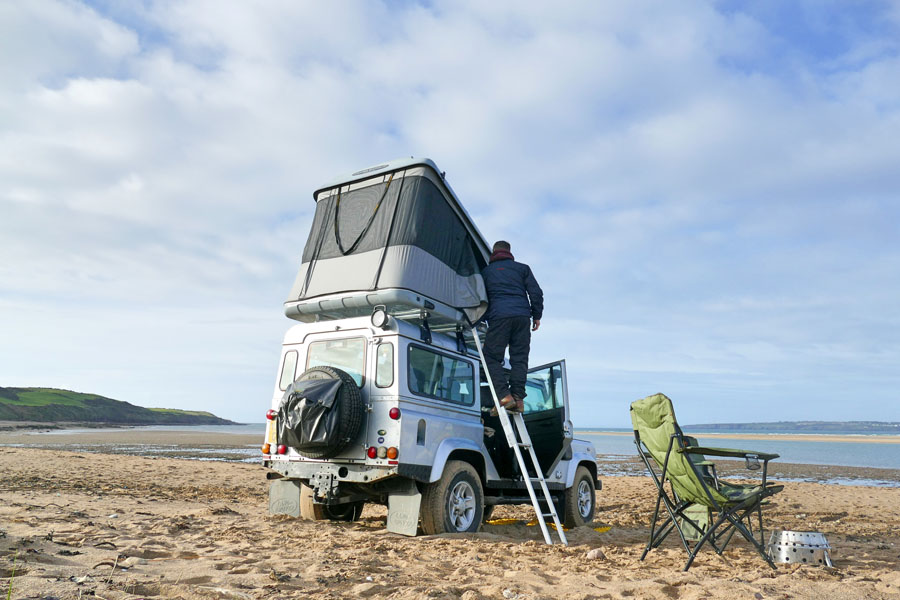
Respect the environment and the rights of others
Respect and be considerate of other users so that all may enjoy a quality outdoor experience.
When driving, yield to horses, hikers, and bikers.
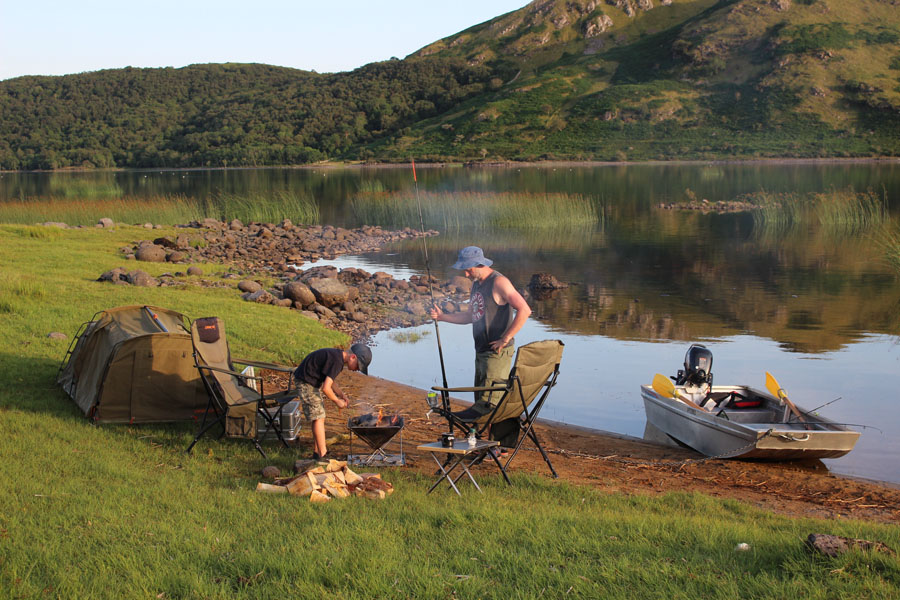
Respect wildlife. Be sensitive to their life-sustaining needs by keeping your distance.
Comply with signage.
Leave gates as you find them and always obtain permission to cross private land.
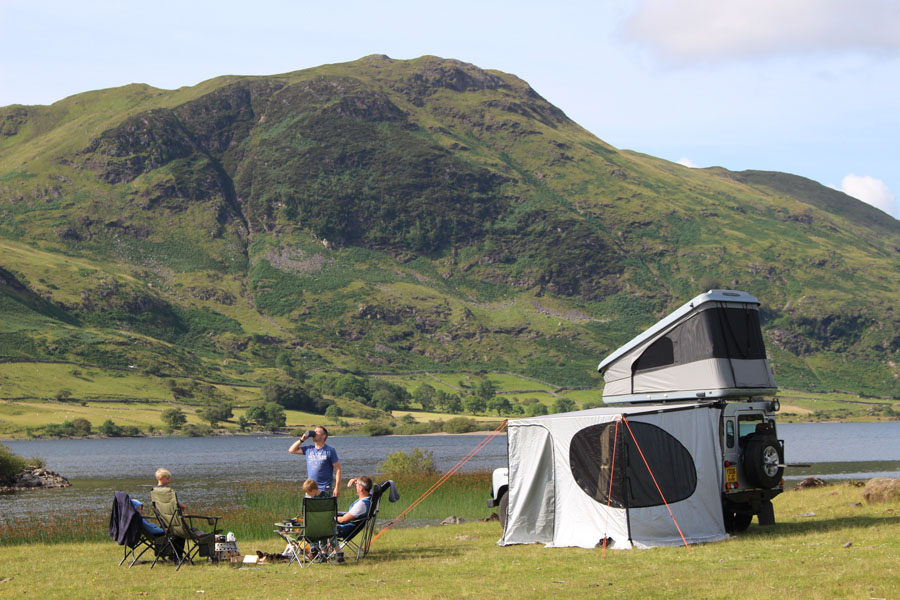
Educate yourself, plan and prepare before you go.
Know local laws and regulations.
Know which areas and routes are open
Make your trip safe. Have the right information, maps, and equipment and know how to use them.
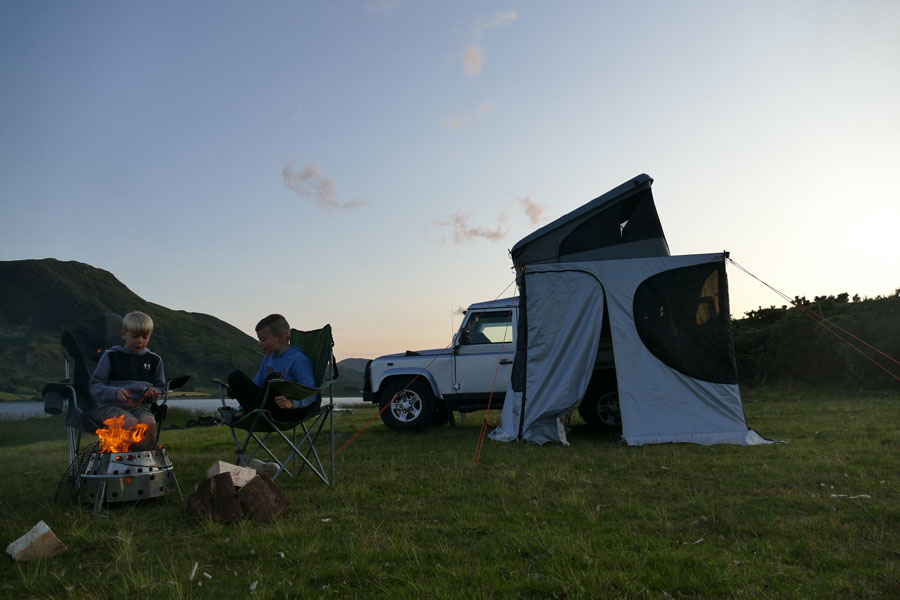
Allow for future use of the outdoors, leave it better than you found it.
Take out what you bring in.
Properly dispose of waste.
Leave what you find
Restore degraded areas.
Discover the rewards of responsible recreation
Do all you can to preserve the beauty and inspiring attributes of our lands and waters for yourself and future generations.
Outdoor recreation provides the opportunity to get away from the hustle of everyday life and builds family traditions.
Respect the environment and other recreationists. By using common sense and common courtesy, what is available today will be here to enjoy tomorrow.

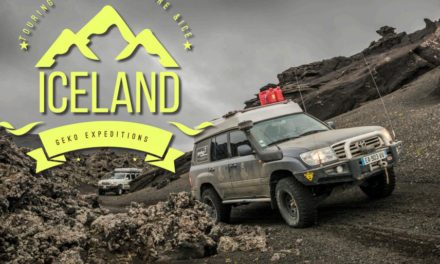
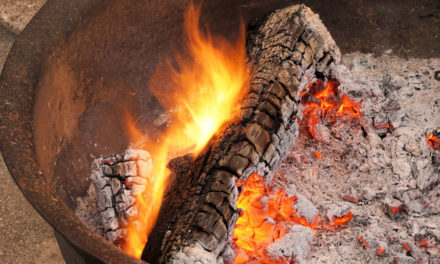
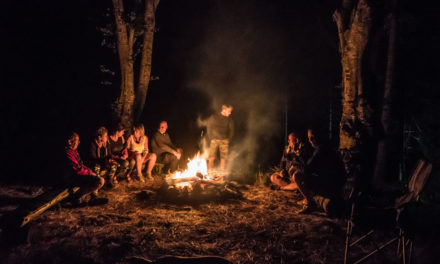
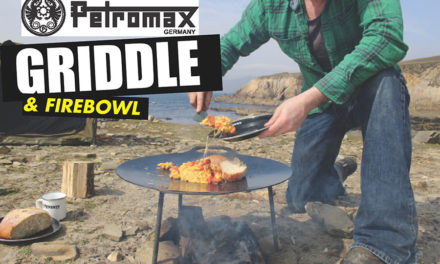
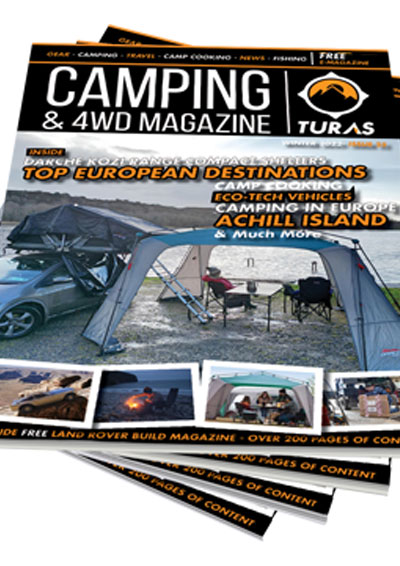
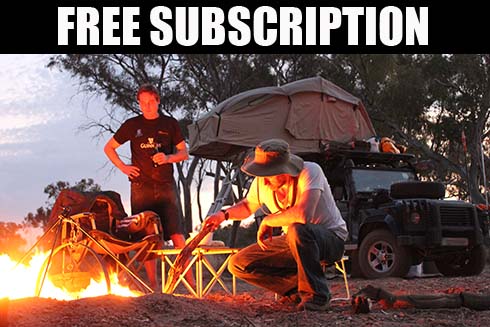
Recent Comments